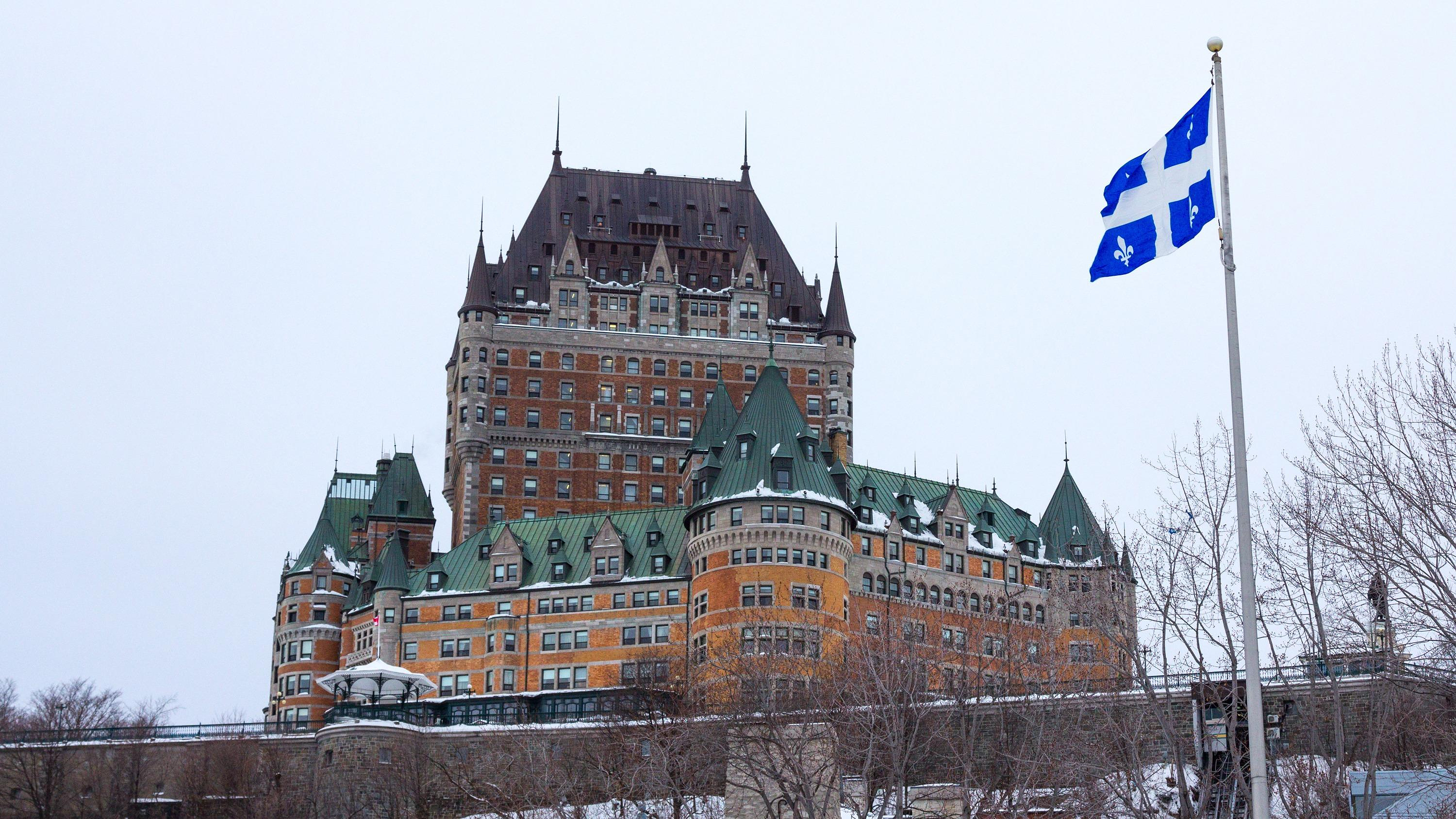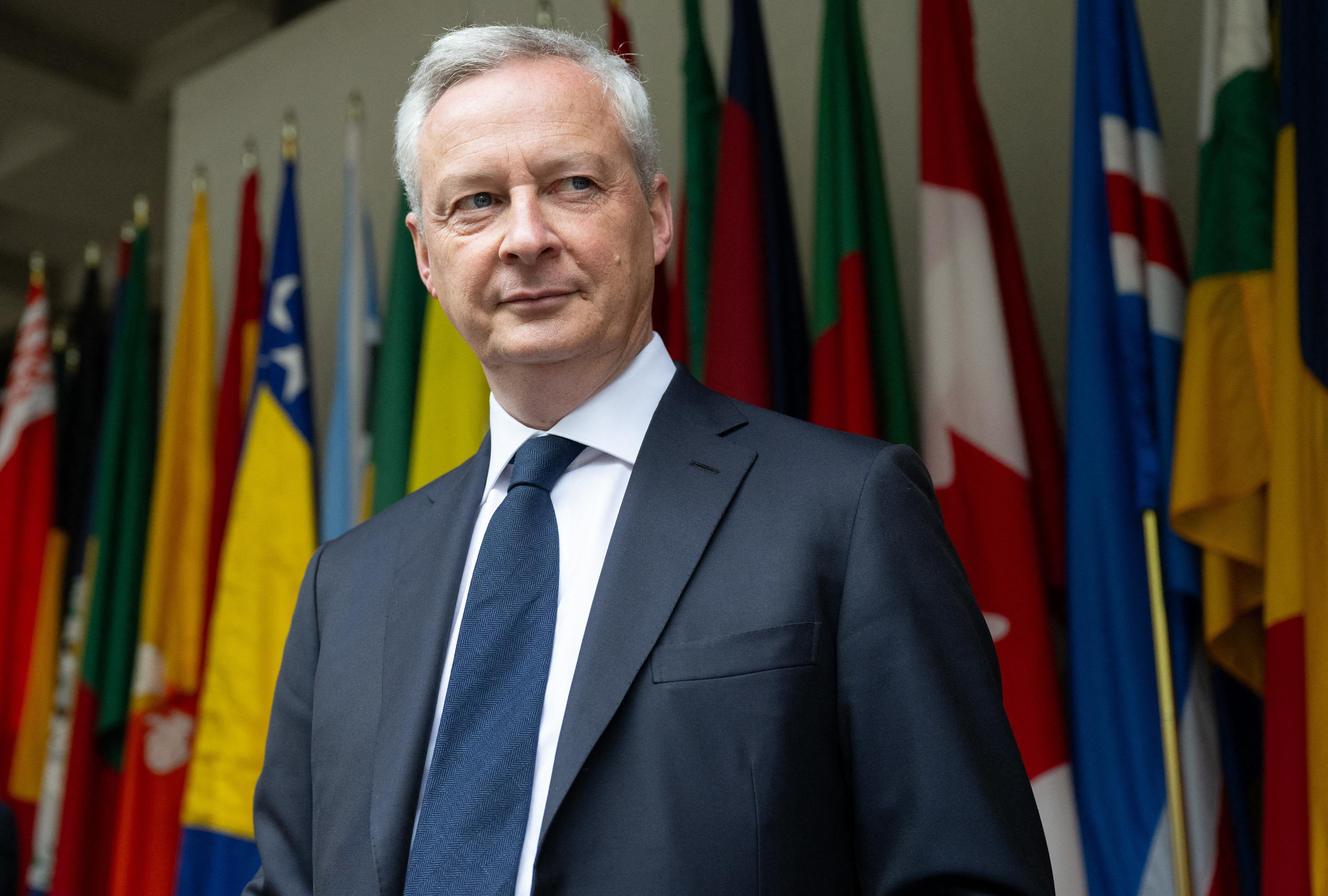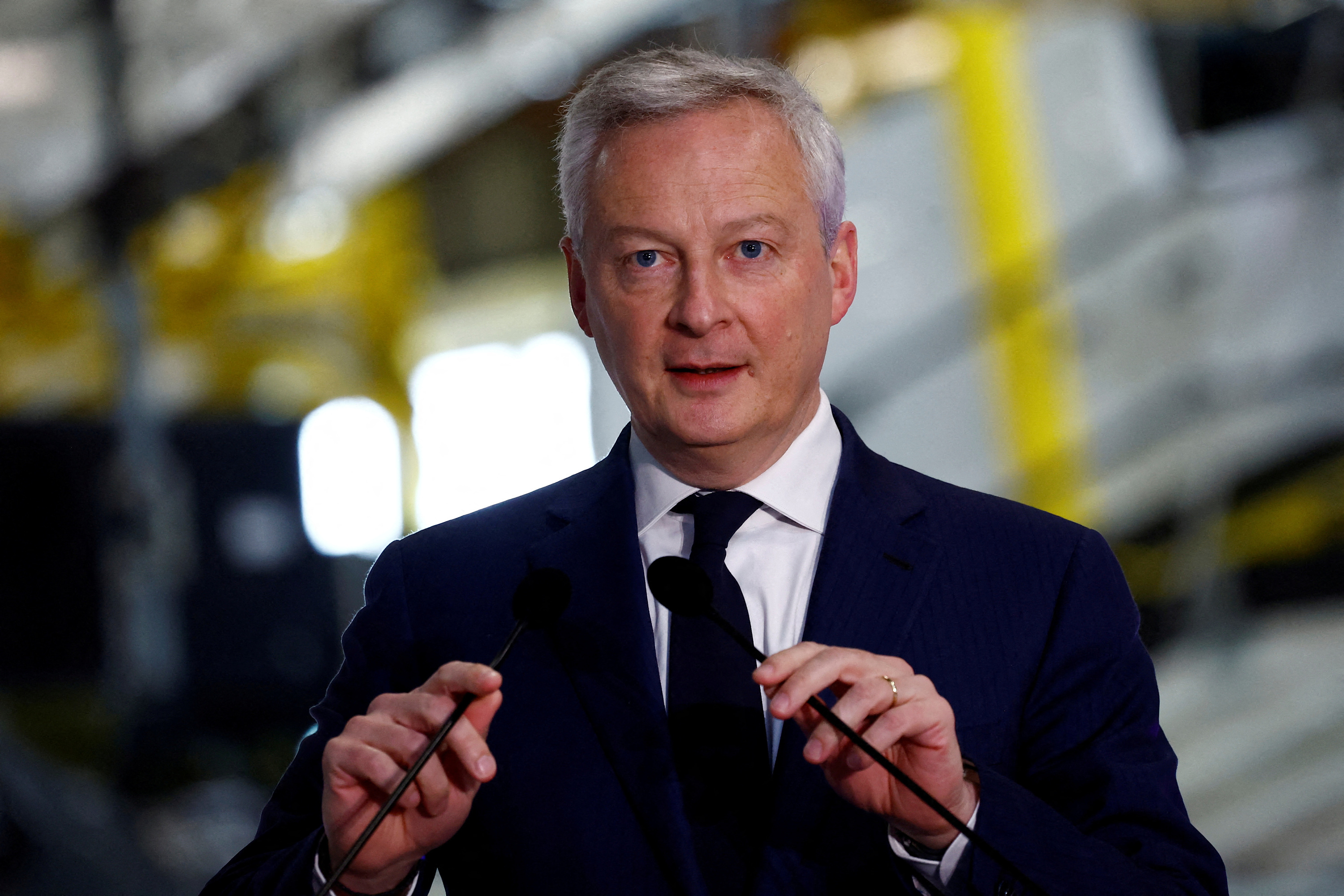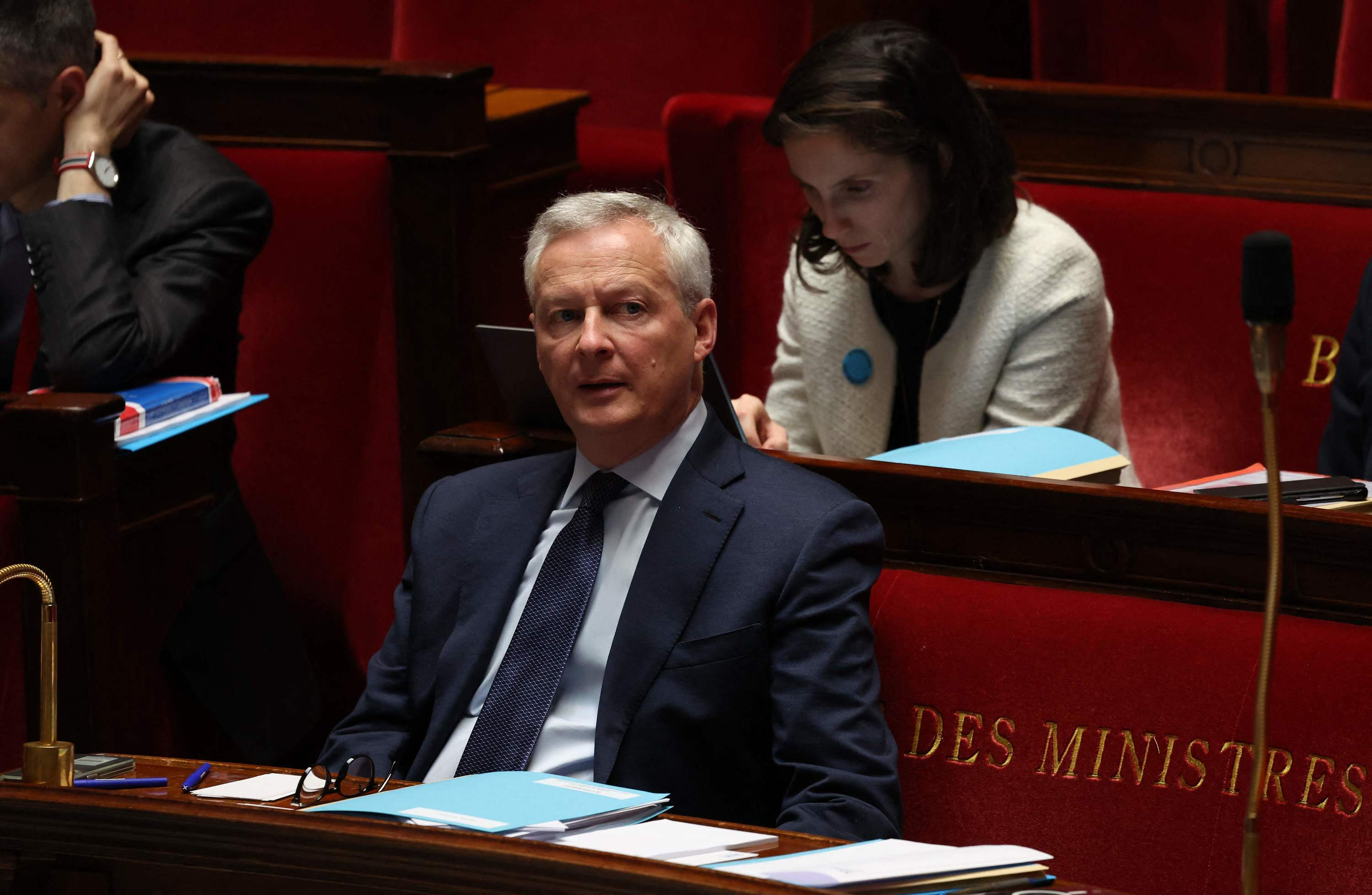While Prime Minister Gabriel Attal returns to France after a two-day Canadian visit during which he spent a day in Quebec City, the Paris Book Festival is putting Quebec literature in the spotlight this weekend , 25 years after she was last invited to the event. Strong ties unite France and the largest Canadian province, but their respective inhabitants are not necessarily the best of friends. The inhabitants of France have their opinion on those of Quebec. And Quebecers are not left out when describing the French.
On the other side of the Atlantic, the French sometimes project the image of an arrogant and intolerant big brother, who, because of a shared language and history, omits the cultural adaptation that is normally required. demonstrate abroad. Result: at times he feels a little too much at home in the largest French-speaking region on the American continent. This behavior can work to its disadvantage, as evidenced by certain preconceived ideas anchored in Quebec minds.
For sociologist Mathieu Bock-Côté, the relationship that Quebecers have with the French “depends on the environment they belong to”. Indeed, the Figaro columnist takes as an example the case of nationalists, for whom links with France are essential, especially since General de Gaulle “deprovincialized” their cause through his phrase “Long live free Quebec!” , delivered on the balcony of Montreal city hall in 1967. Furthermore, while it was common for Quebec elites to do part of their studies in France, the preferred destinations are now English-speaking Canada or the United States. , according to Marc André Bodet. For this associate professor in the political science department of Laval University, in Quebec, this explains why the “affective relationship” maintained by the elites towards France has gradually crumbled.
However, general trends are emerging within the Quebec population. In this regard, Mathieu Bock-Côté affirms that “most Quebecers” refer to the inhabitants of France as their “French cousins”, before indicating that they “have a concern for genealogy and therefore know the life of their hexagonal ancestors.
Furthermore, the sovereignist essayist underlines the importance of the French role by explaining that, “for a Quebecer, the ultimate recognition is that of France”. He specifies that this trend has been prevalent “since Felix Leclerc” (a great independence activist and pioneer of Quebec poetic song, whose success was established in France at the beginning of the 1950s). The French influence, even if it does not always say its name, is deeply rooted. This is evidenced by, according to Mathieu Bock-Côté, the 2019 law on secularism, largely inspired by the French model, and which English-speaking Canada “does not understand”. The admiration for the ancestor across the Atlantic does not stop there, because Quebecers are also “fascinated” by the country for its art of living.
However, the Quebec population does not hesitate to mock the French for “their abusive use of anglicisms”. “Quebecers are ashamed of Anglicisms,” Canadian linguist André Thibault recently explained in the columns of Le Figaro. For him, “speaking French is not only a source of pride, but an act of resistance” against the pressure of the English-speaking world.
This is where a less happy part of the opinion that Quebecers have about the French comes into play: the inhabitants of the large province fear being “snubbed” or “despised,” according to Mathieu Bock-Côté. For him, Quebecers experience a “feeling of inferiority” which is “linked to their history” and have the impression of being considered by the French population as individuals who speak “less good French”. Furthermore, the fact that they felt “abandoned” by France on several occasions while being “surrounded” by English speakers also forges this feeling. Indeed, Paris, formerly focused on its French-speaking partners, has “abandoned” entities like Quebec to “focus on European integration”, analyzes Marc André Bodet.
This logic also led the Élysée to deal directly with the Canadian federal government, mainly under the five-year terms of Nicolas Sarkozy and then François Hollande, which led to a normalization of France-Quebec relations. According to the specialist in Quebec and Canadian politics, the connection “is no longer so much linguistic as instrumental.”
Despite these few negative opinions, the link with France is “fundamentally positive”, concludes Mathieu Bock-Côté, before specifying that the popular designation “cursed Frenchmen” is used less than “in the time of our grandmothers”. It must be said that the massive arrival of young people with an international orientation and less and less imprint of French habits and customs tends to make the old clichés about the French population quite obsolete. Finally, the central role played by French immigrants in Quebec has been substantially reduced by the diversification of immigration welcomed by the province of Montreal.

 What is chloropicrin, the chemical agent that Washington accuses Moscow of using in Ukraine?
What is chloropicrin, the chemical agent that Washington accuses Moscow of using in Ukraine? Poland, big winner of European enlargement
Poland, big winner of European enlargement In Israel, step-by-step negotiations for a ceasefire in the Gaza Strip
In Israel, step-by-step negotiations for a ceasefire in the Gaza Strip BBVA ADRs fall almost 2% on Wall Street
BBVA ADRs fall almost 2% on Wall Street Sánchez cancels his agenda and considers resigning: "I need to stop and reflect"
Sánchez cancels his agenda and considers resigning: "I need to stop and reflect" The Federal Committee of the PSOE interrupts the event to take to the streets with the militants
The Federal Committee of the PSOE interrupts the event to take to the streets with the militants Repsol: "We want to lead generative AI to guarantee its benefits and avoid risks"
Repsol: "We want to lead generative AI to guarantee its benefits and avoid risks" Osteoarthritis: an innovation to improve its management
Osteoarthritis: an innovation to improve its management The yen jumps 3% then falls again, amid speculation of Japanese intervention
The yen jumps 3% then falls again, amid speculation of Japanese intervention A very busy Friday on the roads of Île-de-France before the Ascension Bridge
A very busy Friday on the roads of Île-de-France before the Ascension Bridge Fraud: the government is preparing new measures for the fall
Fraud: the government is preparing new measures for the fall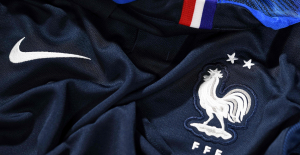 Nike breaks the bank to keep the Blues jersey
Nike breaks the bank to keep the Blues jersey Madonna ends her world tour with a giant - and free - concert in Copacabana
Madonna ends her world tour with a giant - and free - concert in Copacabana Harry Potter: Daniel Radcliffe “really saddened” by his final breakup with J.K. Rowling
Harry Potter: Daniel Radcliffe “really saddened” by his final breakup with J.K. Rowling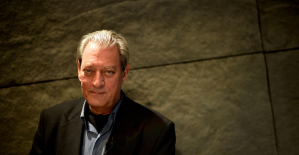 Leviathan, New York Trilogy... Five books by Paul Auster that you must have read
Leviathan, New York Trilogy... Five books by Paul Auster that you must have read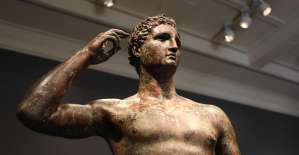 Italy wins a decisive round against an American museum for the restitution of an ancient bronze
Italy wins a decisive round against an American museum for the restitution of an ancient bronze Omoda 7, another Chinese car that could be manufactured in Spain
Omoda 7, another Chinese car that could be manufactured in Spain BYD chooses CA Auto Bank as financial partner in Spain
BYD chooses CA Auto Bank as financial partner in Spain Tesla and Baidu sign key agreement to boost development of autonomous driving
Tesla and Baidu sign key agreement to boost development of autonomous driving Skoda Kodiaq 2024: a 'beast' plug-in hybrid SUV
Skoda Kodiaq 2024: a 'beast' plug-in hybrid SUV The home mortgage firm rises 3.8% in February and the average interest moderates to 3.33%
The home mortgage firm rises 3.8% in February and the average interest moderates to 3.33% This is how housing prices have changed in Spain in the last decade
This is how housing prices have changed in Spain in the last decade The home mortgage firm drops 10% in January and interest soars to 3.46%
The home mortgage firm drops 10% in January and interest soars to 3.46% The jewel of the Rocío de Nagüeles urbanization: a dream villa in Marbella
The jewel of the Rocío de Nagüeles urbanization: a dream villa in Marbella Europeans: a senior official on the National Rally list
Europeans: a senior official on the National Rally list Blockade of Sciences Po: the right denounces a “drift”, the government charges the rebels
Blockade of Sciences Po: the right denounces a “drift”, the government charges the rebels Even on a mission for NATO, the Charles-de-Gaulle remains under French control, Lecornu responds to Mélenchon
Even on a mission for NATO, the Charles-de-Gaulle remains under French control, Lecornu responds to Mélenchon “Deadly Europe”, “economic decline”, immigration… What to remember from Emmanuel Macron’s speech at the Sorbonne
“Deadly Europe”, “economic decline”, immigration… What to remember from Emmanuel Macron’s speech at the Sorbonne These French cities that will boycott the World Cup in Qatar
These French cities that will boycott the World Cup in Qatar Mercato: Verratti at Barça? A track studied
Mercato: Verratti at Barça? A track studied Rugby: after the defeat during the Six Nations, the Blues will meet the English in September for a test match
Rugby: after the defeat during the Six Nations, the Blues will meet the English in September for a test match Premier League: Liverpool unveils its new jersey for next season
Premier League: Liverpool unveils its new jersey for next season Formula 1: Alpine holds its new executive technical director
Formula 1: Alpine holds its new executive technical director